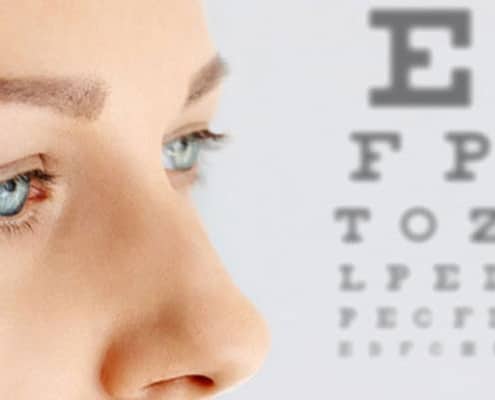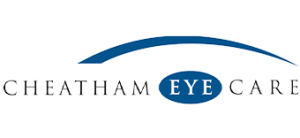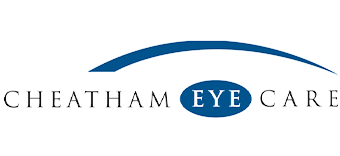Eye Exams

Eye Exams at Cheatham Eye Care
Maintaining your visual health is about being proactive, which means comprehensive vision exams are critical. Regular eye doctor visits can help keep you seeing clearly, monitor your eyes for concerning changes, and more.
The Typical Components of an Eye Exam
Visual Acuity Test
Using the Snellen chart, the eye doctor will determine how accurately you can read letters of different sizes. Each eye will be tested independently and together.
Visual Field Test
Visual field tests assess how well you can use your peripheral (side) and central vision. You will be shown a chart with a target to focus on while the doctor asks questions.
Refraction
Using a phoropter, the eye doctor will use a series of lenses to determine which corrective lenses help you see clearly. This is only done if you already wear corrective lenses or refractive errors are suspected.
Dilated Eye Exam
The eye doctor will add drops to your eyes that open up the pupils, allowing them to look at parts of the eye like the retina and optic nerve. The slit lamp allows the eye doctor to get a closer look at the eye’s internal structures by focusing a thin slit of light into specific areas.
Tonometry
Tonometry tests are used to measure the level of intraocular pressure within the eye. This is an important test to detect glaucoma and other eye health conditions.
Eye Exam FAQs
How often should I get an eye exam?
Eye exam frequency should be adjusted based on age. The general recommendation is to get an exam every two to four years until you are 65 or older. Beyond the age of 65, an eye exam is recommended every one to two years. These frequencies only apply if you are not at risk of certain vision risks or have no prior history of vision problems. Children should have an eye exam every two years if there are no vision problems and annually if they need corrective lenses.
Do I need to bring my glasses for an eye exam?
If you already wear corrective lenses, it is good to bring these to your appointment. Doing so will allow the eye doctor to determine if the lenses you are wearing are still helping your vision as much as possible.
Can you drive after an eye exam?
Most patients can drive fine after an eye exam. The only part of the exam that could affect your vision afterward is the dilation, which can cause some blurred vision and light sensitivity. This affects individuals differently but passes relatively quickly.

